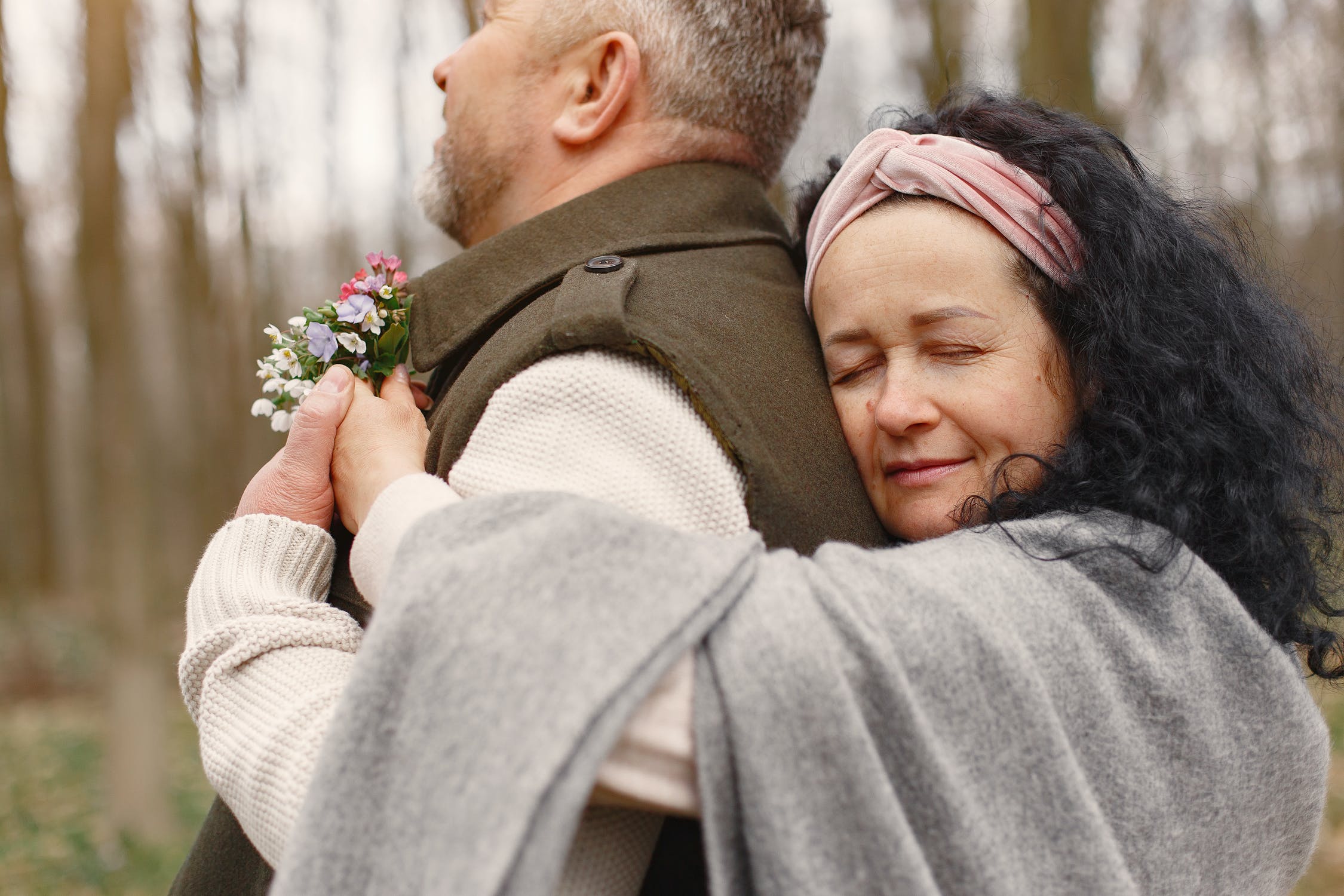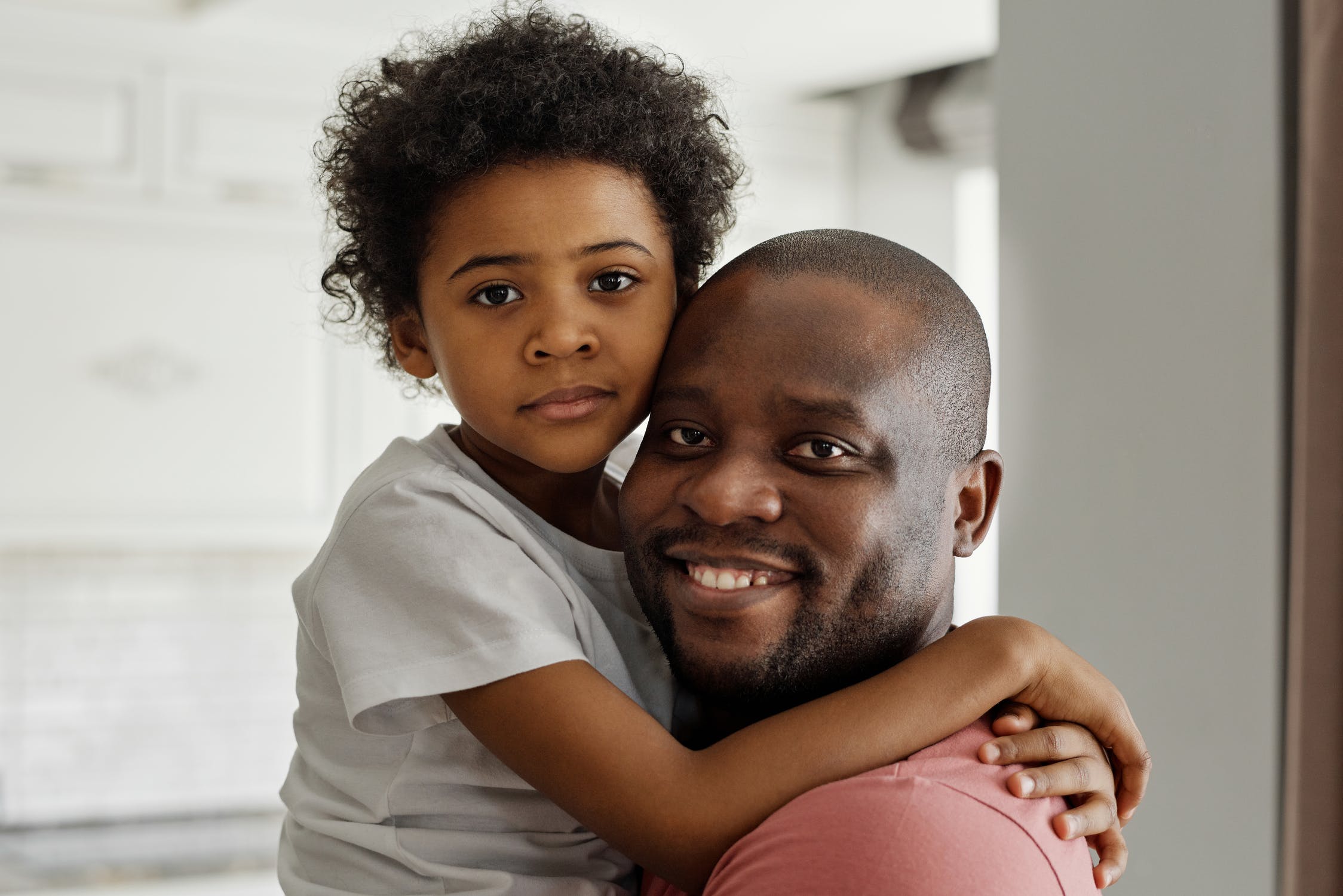Comments
- No comments found

Most people have regrets in life. The nature of a human being is that we’re fundamentally flawed.
We hurt people, whether it’s intentionally or unintended. Regardless of the reason, it’s important to take accountability for your actions. One way to do that is to acknowledge what you do and ask for forgiveness. The simple phrase “I hope you can forgive me” is a plea for understanding. Here’s why it can help to confront your actions and make amends with others.
In situations where someone has wronged another person, asking for forgiveness is often considered a crucial step in the process of reconciliation. It signifies a recognition of one's faults and a sincere desire to make amends. When someone seeks forgiveness, they are essentially acknowledging the pain or harm they have caused and are expressing regret for their actions. This act of humility can pave the way for healing and repairing damaged relationships.
When someone says, "I hope you can forgive me," it is an admission of wrongdoing, an expression of remorse, and a plea for clemency. This phrase is a way of saying, "I understand the pain I've caused, and I genuinely regret my actions." It conveys a desire to move beyond the hurtful incident and rebuild the relationship with understanding and goodwill.
Asking for forgiveness is not only about acknowledging past mistakes but also about taking responsibility for one's actions. It demonstrates a willingness to be accountable and to work towards preventing future transgressions. By saying, "I hope you can forgive me," the individual is expressing a commitment to change and improve, fostering an environment in which healing and reconciliation can occur.

Before you attempt to make amends with someone, it’s crucial to forgive yourself. Remember, everyone makes mistakes. You might be the type of person who is critical of themselves. If you’re constantly beating yourself up for what you’ve “done wrong,” that’s not going to make it easy to ask others for forgiveness. First, acknowledge that you did the best that you could at that moment. Even if you have regrets for your actions, this is a crucial point to understand: you did the best that you could at the time. It doesn’t mean it was perfect or what you wish you would have done. It was your best, though. Forgive yourself, and realize that we all mess up at times. You can look at any person on the street and know that they have, at one time or another, made a mistake. It’s time to give yourself grace. You can forgive yourself.
Asking for forgiveness is a fundamental aspect of human relationships and societal harmony. Here are some reasons why asking for forgiveness is important:
1. Acknowledgment of Wrongdoing
When you ask for forgiveness, you acknowledge that you have done something wrong or hurtful. This acknowledgment is the first step toward taking responsibility for your actions.
2. Empathy and Compassion
Asking for forgiveness shows empathy and compassion for the person you have wronged. It demonstrates that you care about their feelings and well-being.
3. Promotes Healing
Forgiveness can be a healing process for both the person seeking forgiveness and the person granting it. It allows for emotional wounds to mend and relationships to repair.
4. Restores Trust
Trust is a crucial element in any relationship. Asking for forgiveness is a way to begin rebuilding trust that may have been damaged due to your actions.
5. Encourages Communication
It opens up a channel of communication between you and the offended party. This communication can help clarify misunderstandings, express remorse, and find solutions to prevent similar issues in the future.
6. Self-Reflection and Growth
Asking for forgiveness provides an opportunity for self-reflection. It allows you to evaluate your behavior, learn from your mistakes, and grow as an individual.
7. Resolves Conflicts
Forgiveness can help resolve conflicts and prevent them from escalating into more significant problems. It promotes conflict resolution and peaceful coexistence.
8. Moral and Ethical Responsibility
Many moral and ethical frameworks emphasize the importance of seeking forgiveness when you have wronged someone. It aligns with principles of accountability and ethical behavior.
9. Improves Mental Health
Holding onto guilt and regret can be emotionally burdensome. Asking for forgiveness can alleviate feelings of guilt, reduce stress, and improve your overall mental well-being.
10. Strengthens Relationships
Ultimately, asking for forgiveness can strengthen relationships, whether they are personal, familial, or professional. It demonstrates your commitment to maintaining a healthy and respectful connection with others.
It's important to note that asking for forgiveness should be genuine and sincere. Merely saying the words without true remorse or the intention to change your behavior may not lead to meaningful forgiveness. It's essential to pair your request for forgiveness with a willingness to make amends and prevent a recurrence of the hurtful actions.
Have you ever done something you regretted and not been able to stop thinking about it? That may be because you never apologized to someone for your actions. When you feel guilty, it’s because there’s something you wish you did differently. Unfortunately, we can’t time travel, but we can take accountability for our actions. One way to do that is by talking to the person you hurt and letting them know that you feel bad for what you did, you’re sorry, and you would appreciate it if they could find it in themselves to forgive you. Even if they can’t say the words “I forgive you,” the fact that you did everything you could in your power to rectify the situation counts.
Sometimes when you make a mistake, the person you ask for forgiveness grants it to you. They see that you’re sorry, and you’re trying to do better in the future. Other times, the individual in question doesn’t offer forgiveness for their personal reasons. Yet another alternative to this scenario is the person you hurt doesn’t want to talk with you about what happened that hurt them. In any of these cases, you cannot control the outcome of what happens after you ask for forgiveness. It’s crucial to remember that all you can do is take responsibility for your part in a situation and ask to be forgiven.
Once you’ve made a choice to make amends, and the person is willing to talk with you, it’s crucial to go into the conversation with no expectations. That’s a challenging task, but it’s important. Don’t expect the person to forgive you. They might be able to let go, and your relationship will eventually heal. Or, they might need time to process your apology. It’s important to be open to all outcomes of the situation. You can’t control how someone feels. And as much as you want to be forgiven, that may or may not happen.
When someone you care about forgives you, it’s a great feeling. You went through the emotional effort to be vulnerable with your feelings, and it paid off. Your friend or loved one forgave you. The work isn’t done, though. You need to remember what you did hurt this person and try not to do it again in the future. One way to mitigate any problems is to discuss what you could do instead if a similar situation comes up. That way, you are both on the same page, and your relationship can proceed in a stronger, healthier way.

Seeing a therapist can help you learn to forgive yourself and others. Whether you work with an online counselor like the ones at BetterHelp or someone in your local area, therapy is a great place to learn to work through emotional concerns, including holding grudges. Forgiveness isn’t easy, whether you’re the one doing the forgiving or you’re asking to be forgiven. All you can do is try your best, and that’s all anyone can expect of you.
Marie Miguel has been a writing and research expert for nearly a decade, covering a variety of health- related topics. Currently, she is contributing to the expansion and growth of a free online mental health resource with BetterHelp.com. With an interest and dedication to addressing stigmas associated with mental health, she continues to specifically target subjects related to anxiety and depression.
Leave your comments
Post comment as a guest